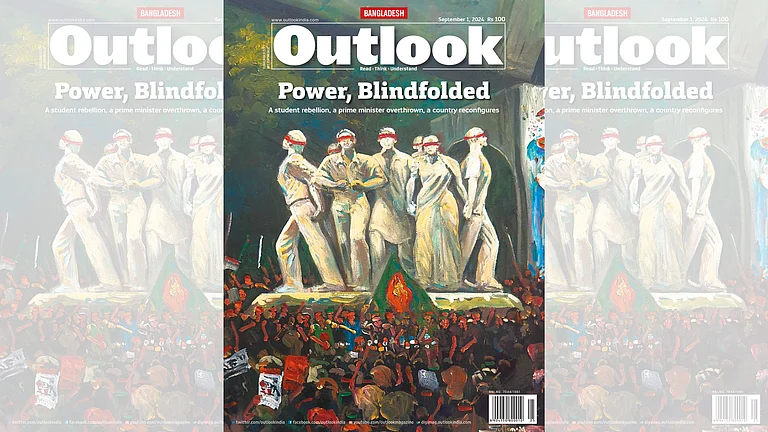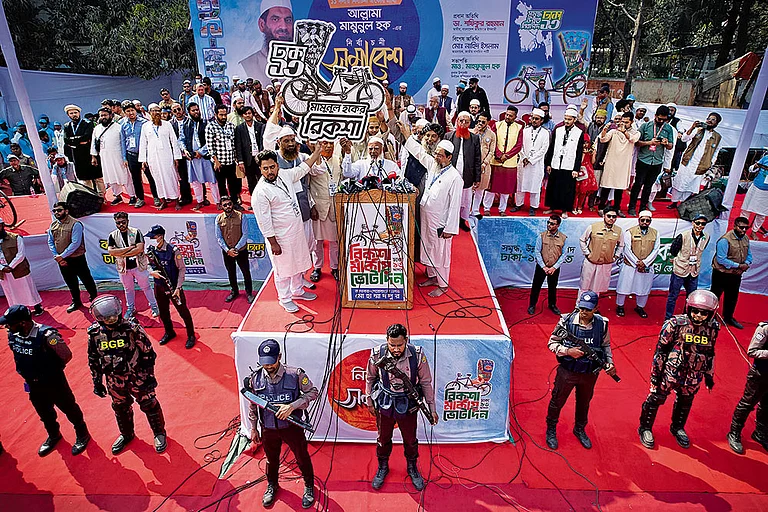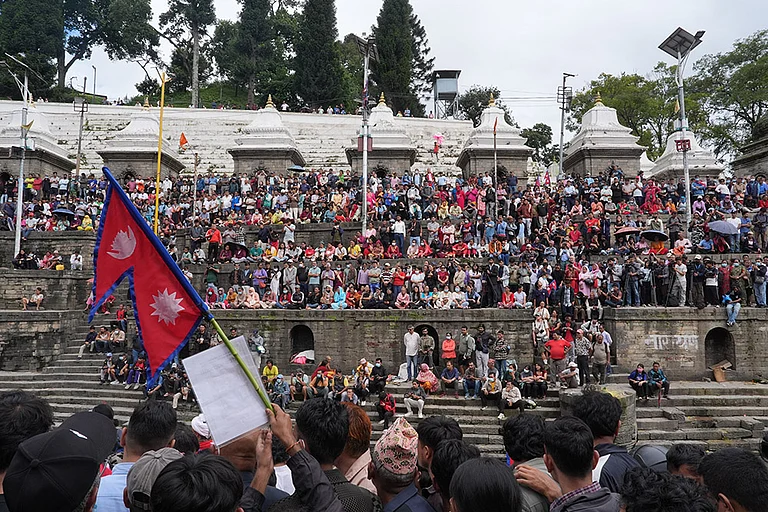
The probe panel, led by former Supreme Court judge Gauri Bahadur Karki, ensures impartiality in examining the deaths during Nepal's Gen Z protests, addressing allegations of excessive police force.
The committee responds directly to the Gen Z movement’s demands, spotlighting youth activism against corruption and governance failures in Nepal.
With a three-month deadline and financial aid announced for victims’ families, the interim government aims to rebuild public trust amid a volatile political crisis.
Nepal’s interim government, led by former Chief Justice Sushila Karki, has established a three-member probe committee to investigate the violent "Gen Z" protests that resulted in the deaths of 72 individuals, including three policemen, and contributed to the collapse of the K P Sharma Oli government. The formation of the high-level commission, announced on Sunday, addresses one of the key demands of the youth-led Gen Z movement, which has been vocal about government corruption and a controversial social media ban.
The probe panel is chaired by former Supreme Court judge Gauri Bahadur Karki and includes former Additional Inspector General of Police Bigyan Ran Sharma and legal expert Bishweshwor Prasad Bhandari. Home Minister Om Prakash Aryal, speaking at the Singhdurbar Secretariat, stated that the commission has been tasked with submitting a comprehensive report within three months. The investigation will focus on the events of September 8 and 9, when protests in Kathmandu and other cities turned deadly, with allegations of excessive police force, including the use of live ammunition, leading to significant casualties.
The Gen Z protests, driven primarily by teenagers and young adults, erupted in response to widespread allegations of government corruption and a short-lived ban on major social media platforms, including Facebook, YouTube, and X. The demonstrations, described as some of the most widespread in Nepal’s modern history, saw protesters storming the Parliament, blocking roads, and setting fire to government offices and private residences, including those of former Prime Minister Oli and other political leaders. The unrest culminated in a violent clash on September 8, where 19 protesters were killed in a police shootout, prompting the Gen Z group to demand the arrest of Oli and former Home Minister Ramesh Lekhak.
The interim government’s decision to form the probe panel follows intense pressure from the Gen Z activists, who have also called for financial assistance for the victims’ families and proper medical treatment for the injured. On Sunday, Prime Minister Sushila Karki announced financial aid of NPR 10 lakh (approximately ₹1 million) for the families of those killed during the protests. The government has also lifted the social media ban and seen the resignation of former Home Minister Lekhak in response to the crisis.


























